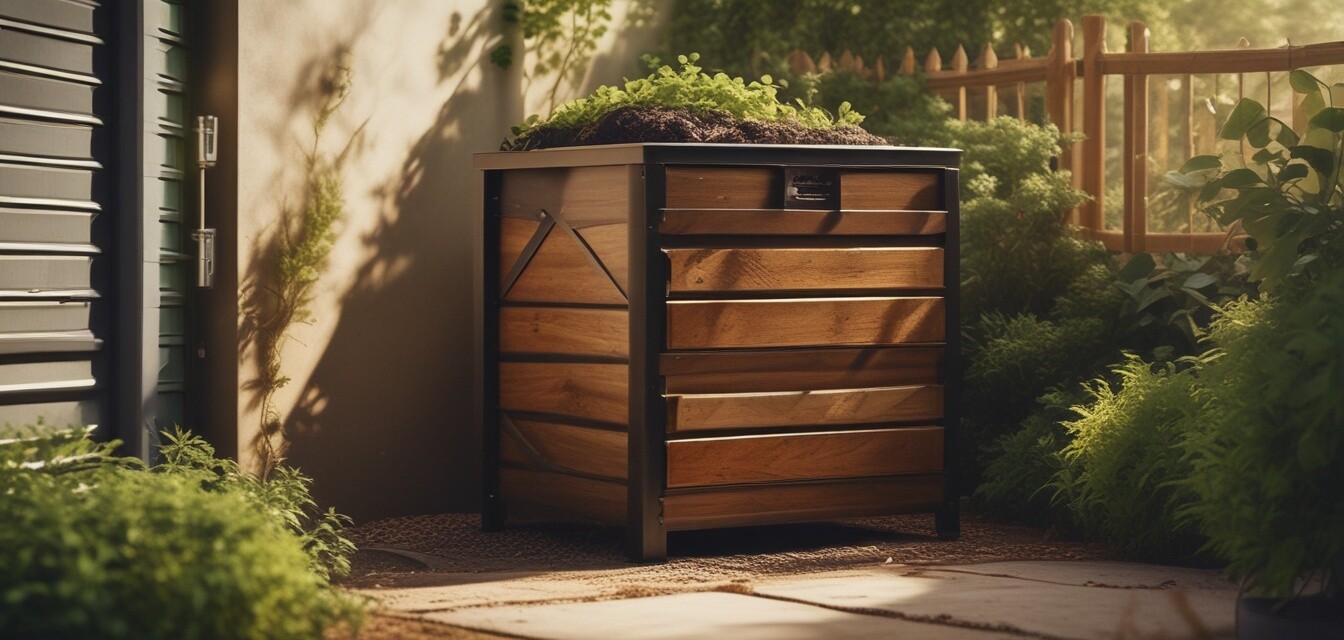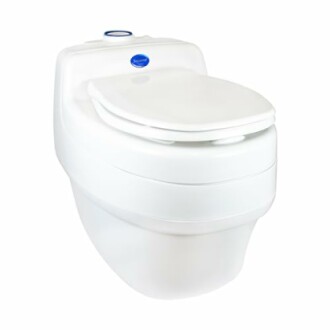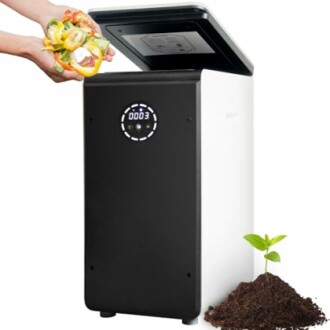
Choosing the Right Compost Bin for Your Needs
- Understanding different types of compost bins is crucial for successful composting.
- Waterless and electric composters offer unique benefits for specific needs.
- Consider space, material, and composting method when choosing a bin.
- Regular maintenance and monitoring are key for effective composting.
Composting has become a popular practice for those looking to reduce waste and create nutrient-rich soil for their gardens. However, selecting the right compost bin can be a daunting task given the variety of options available. This guide aims to assist you in measuring your composting needs against the features of different compost bins.
Understanding the Different Types of Compost Bins
There are several compost bin options available, each designed to meet different needs and preferences. Here’s a breakdown of the most common types:
| Type of Bin | Description | Pros | Cons |
|---|---|---|---|
| Compost Tumblers | Enclosed bins that can be rotated to mix compost materials. |
|
|
| Wooden Compost Bins | Traditional bins made of wooden slats for aeration. |
|
|
| Compost Pallets | Simple bins made from pallets for an easy DIY solution. |
|
|
| Electric Composters | Automated systems to speed up composting process. |
|
|
Key Factors to Consider When Choosing a Compost Bin
When selecting the right compost bin for your gardening needs, consider the following factors:
- Space: Assess the space you have available for composting.
- Material: Different materials can affect durability and performance.
- Access: Ensure the bin is easily accessible for adding materials and retrieving compost.
- Composting method: Choose a bin that suits your composting preferences, whether it be aerobic, anaerobic, or electric.
Featured Products
Villa 9215 Urine Diverting Toilet
The Villa 9215 is a wall-mounted, waterless composting toilet perfect for off-grid living.
Learn MoreGEME Bio Smart Electric Composter
Experience the future of composting with this electric composter, which turns kitchen waste into compost in just a few hours.
Learn MoreMaintaining Your Compost Bin
Proper maintenance of your compost bin ensures efficient breakdown of materials:
- Rotate regularly: For tumblers, rotate them every couple of weeks to aerate the compost.
- Monitor moisture: Keep a good balance of wet and dry materials.
- Mix materials: Ensure a good blend of green and brown materials for optimal composting.
- Check temperature: The ideal composting temperature is typically between 130°F and 150°F.
Conclusion
Choosing the right compost bin can significantly affect your composting journey. Whether you opt for a traditional bin, a tumbler, or a high-tech electric composter, always consider your personal needs, available space, and maintenance commitment. Elevate your gardening experience by going the extra mile for a proper composting system!
Tips for Beginners
- Start small: If you're new to composting, begin with a smaller bin to manage your organic waste.
- Educate yourself: Research composting techniques to optimize your results.
- Be patient: Composting takes time; give your materials the chance to break down properly.
For more insights, explore our Buying Guides or check out additional resources like Sustainable Garden Design and Innovative Irrigation Solutions.

